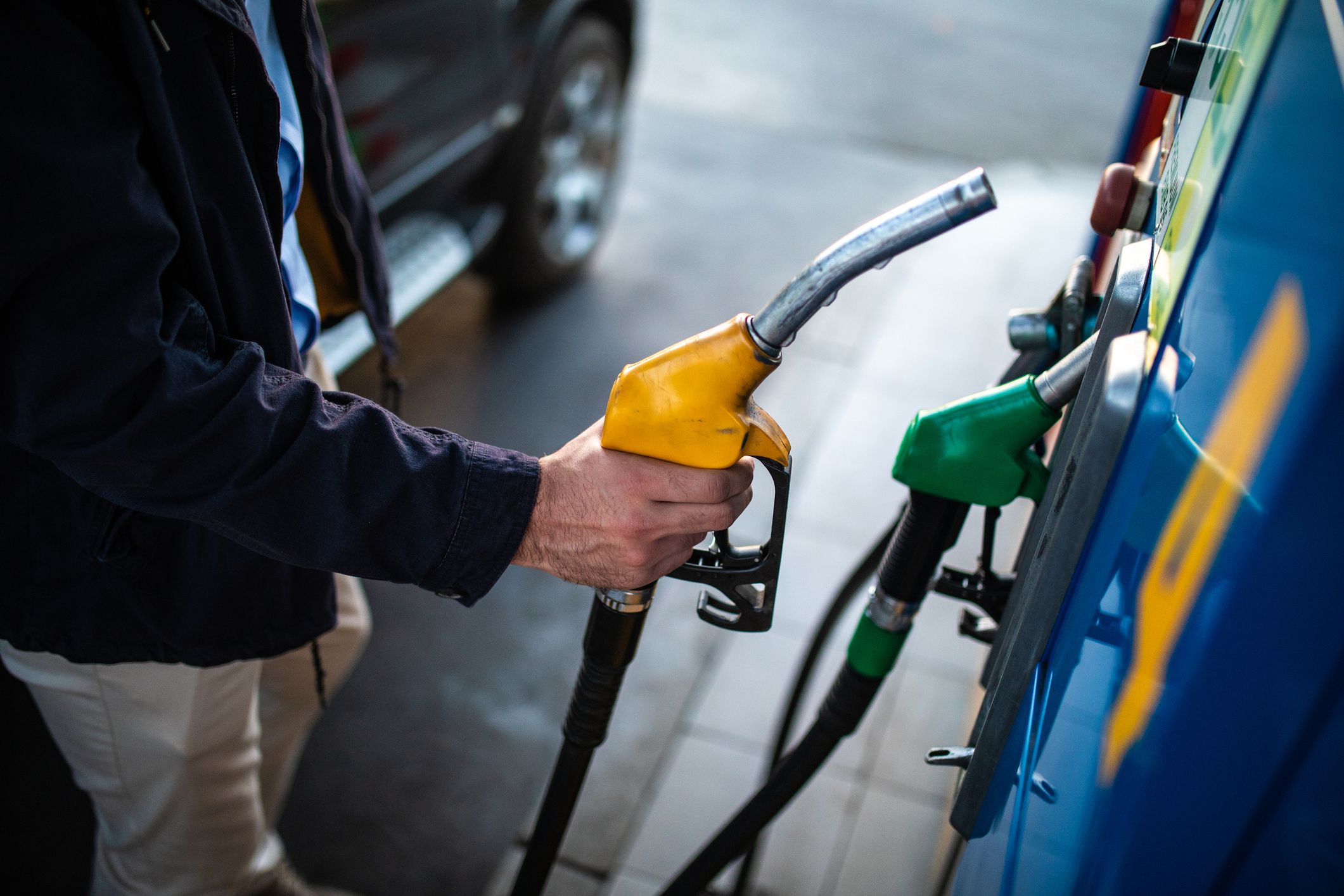When it comes to powering vehicles and heavy machinery, diesel fuel has long been a popular choice due to its efficiency and power. However, with the growing emphasis on environmental sustainability, alternative fuels such as biodiesel have gained attention. Biodiesel, including B20, is a renewable and cleaner-burning fuel derived from natural resources such as vegetable oils and animal fats. In this article, we will explore the benefits and drawbacks of B20 compared to regular diesel.
What is B20?
B20 is a blend of 20% biodiesel and 80% petroleum-based diesel. It is one of the most common biodiesel blends used in various diesel engines, including trucks, buses, and agricultural equipment. The production of biodiesel involves a chemical process called transesterification, where natural oils or fats are converted into a fuel that can be used in standard diesel engines.
Environmental Impact
One of the primary reasons for the growing interest in biodiesel blends like B20 is their reduced environmental impact. Biodiesel is known for significantly lower emissions of carbon monoxide, particulate matter, and hydrocarbons compared to traditional diesel. Additionally, it is a renewable fuel source, as it can be produced from sustainable feedstocks, unlike finite fossil fuels.
Performance and Efficiency
When it comes to performance, B20 is known to have similar power and torque characteristics as regular diesel. However, due to its higher lubricity, biodiesel can help extend the life of certain engine components such as fuel injection systems and fuel pumps. On the downside, biodiesel has a lower energy content compared to regular diesel, which may result in a slight decrease in fuel efficiency.
Compatibility and Infrastructure
One of the key considerations for using B20 is its compatibility with existing diesel engines and infrastructure. Most modern diesel engines are designed to run on B20 without requiring any modifications. However, it is essential to ensure that the vehicle’s warranty and compatibility guidelines are followed when using biodiesel blends. Additionally, the availability of B20 at fueling stations may vary depending on the region, which can impact its convenience for users.

Credit: www.researchgate.net
Pricing and Incentives
While biodiesel blends like B20 may be slightly more expensive than regular diesel due to the production process and lower energy content, they often qualify for tax incentives and rebates. This can make them a cost-effective option, especially for fleet owners and businesses with a large diesel consumption. It’s essential to weigh the upfront costs against potential long-term savings and environmental benefits.
Maintaining and Storage
Proper storage and maintenance of B20 are crucial for ensuring its quality and performance. Biodiesel has different storage requirements compared to regular diesel, as it is more prone to oxidation and microbial growth. It’s important to follow manufacturer recommendations for storage tanks and handling procedures to prevent contamination and degradation of the fuel.

Credit: www.caranddriver.com
Final Thoughts
As the world continues to transition towards sustainable energy solutions, biodiesel blends like B20 offer a promising alternative to traditional diesel fuel. Their lower emissions, renewable nature, and potential long-term cost savings make them an attractive option for environmentally conscious consumers and businesses. However, it’s important to consider factors such as availability, compatibility, and maintenance requirements before making the switch. Ultimately, the choice between B20 and regular diesel depends on a variety of factors, including individual preferences, vehicle requirements, and environmental goals.
Exploring the benefits and drawbacks of B20 compared to regular diesel can help consumers and businesses make informed decisions about their fuel choices, ultimately contributing to a more sustainable and greener future for the transportation industry.


